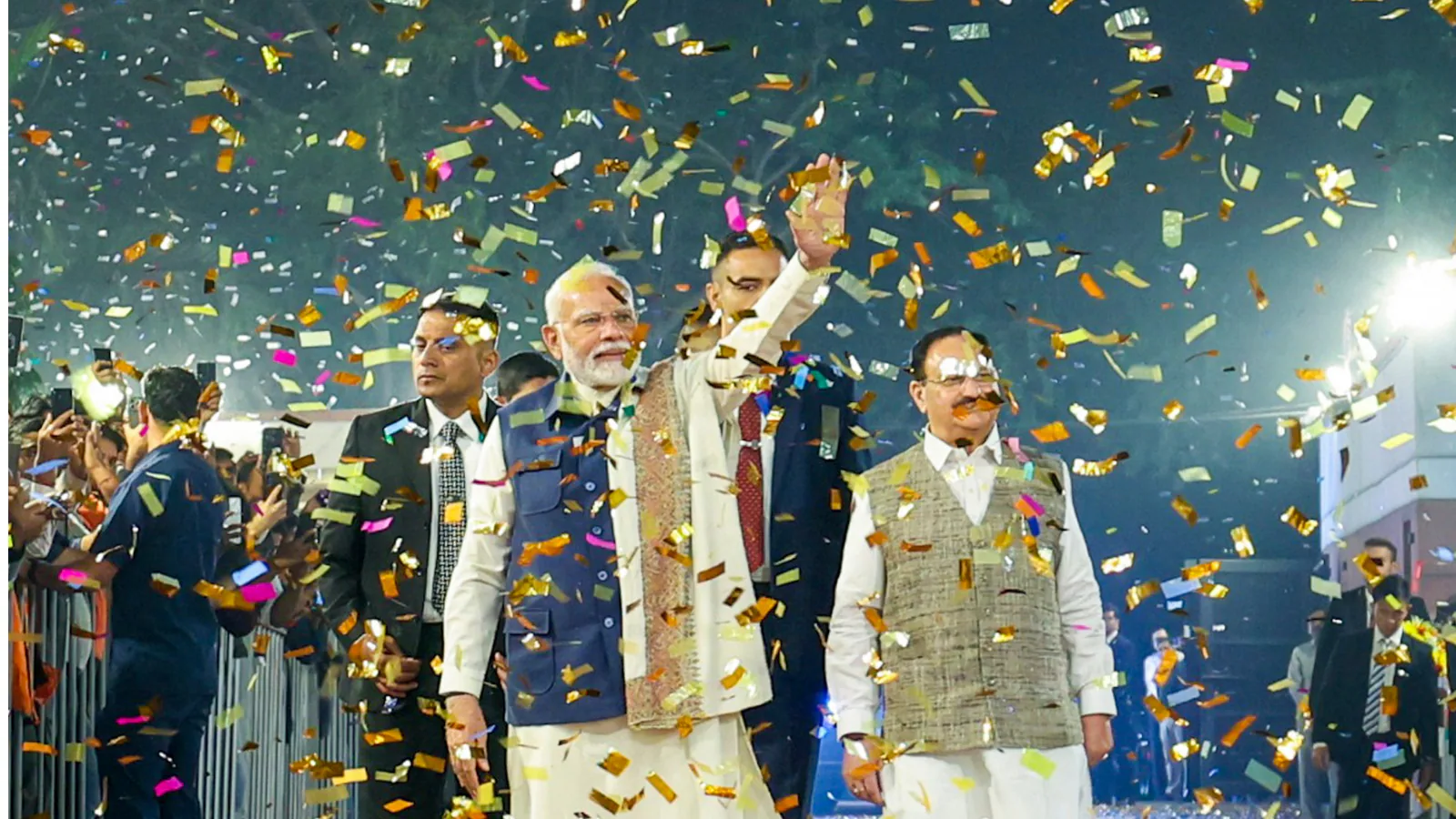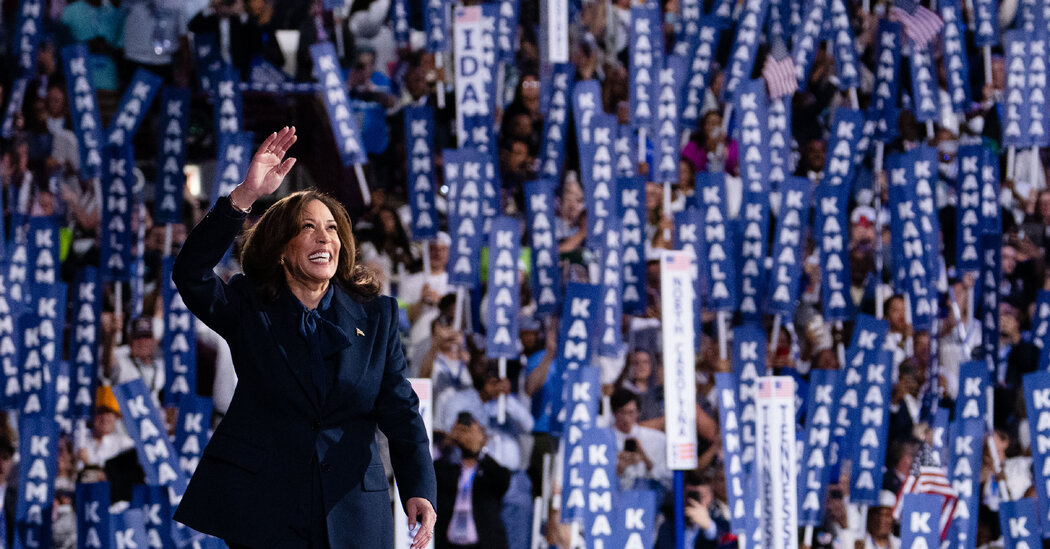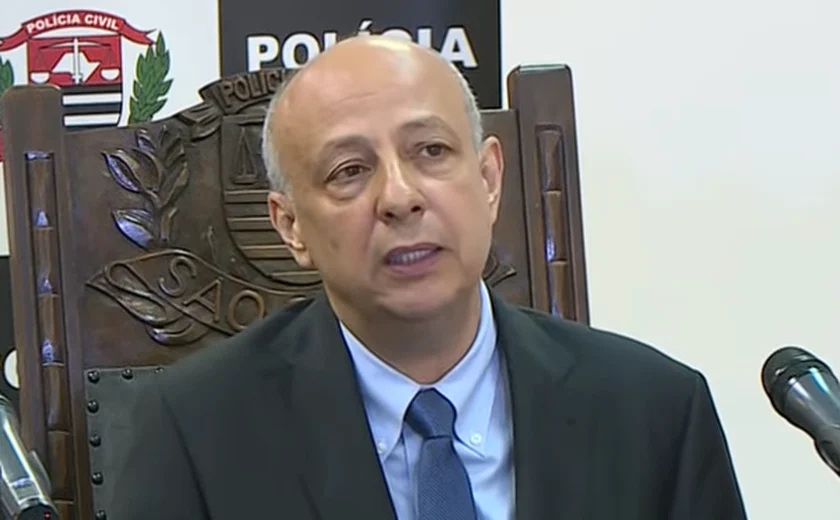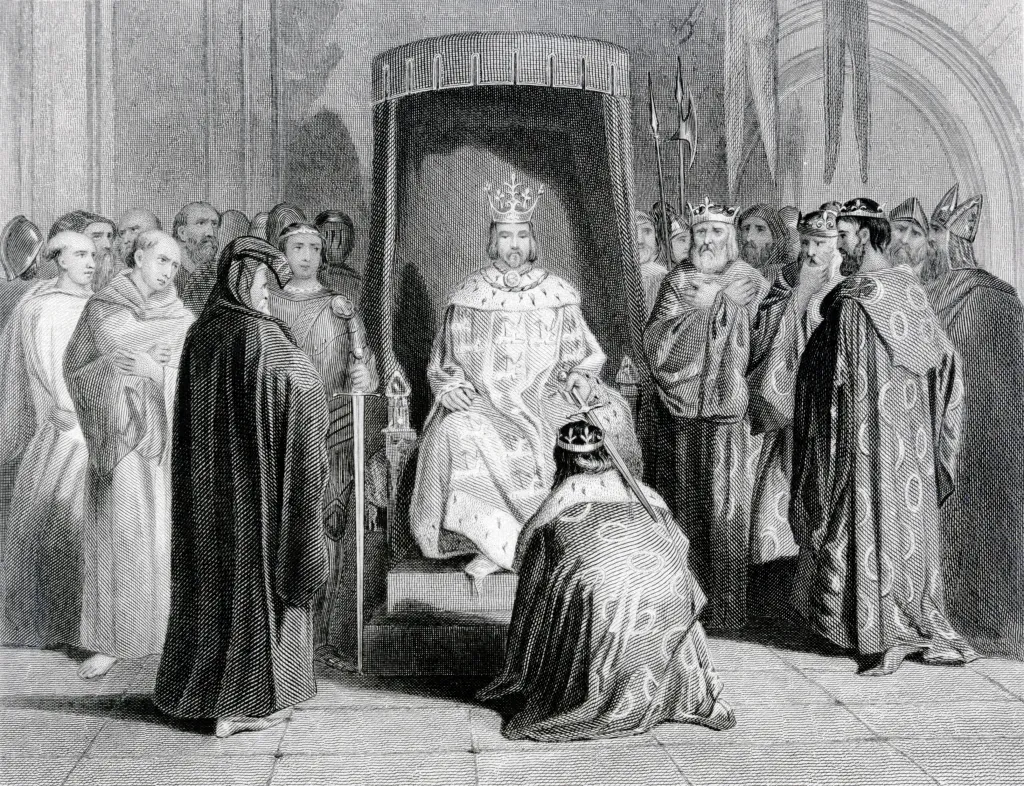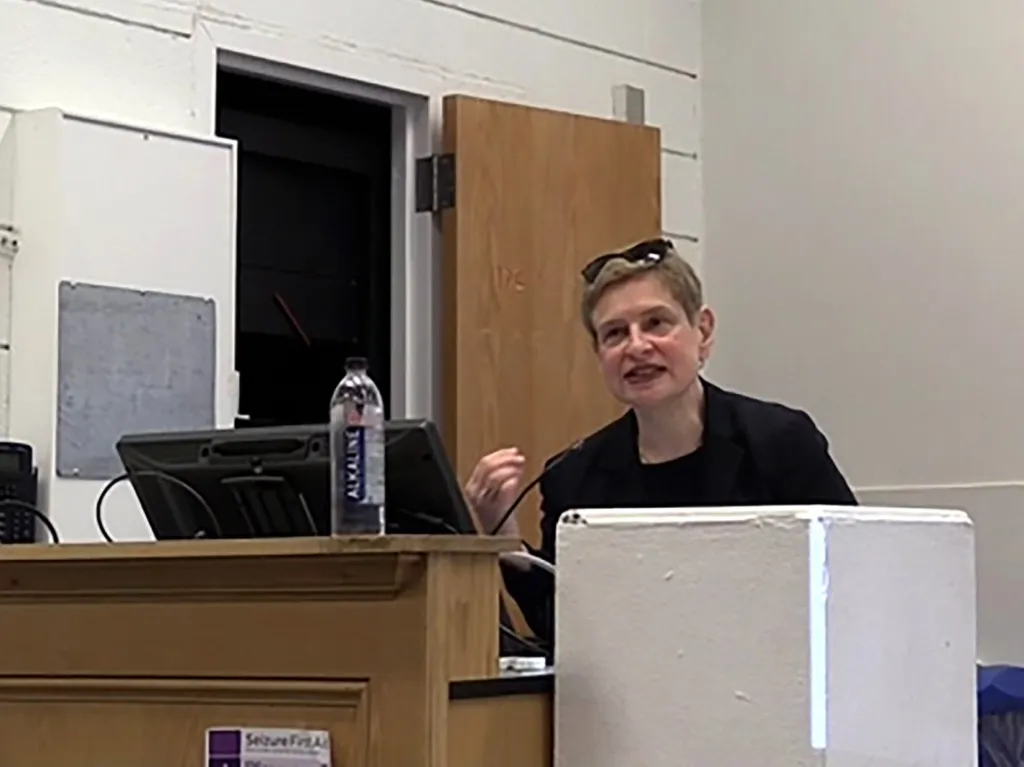
WILLIAMSBURG — Students, faculty and community members gathered at William & Mary last Thursday to hear Nina Khrushcheva, a great-granddaughter of former Soviet Union leader Nikita Khrushchev, speak on how Vladimir Putin’s propaganda shapes contemporary Russia.
In a lecture titled “Russia 2025: Failures and Successes of Vladimir Putin’s Propaganda,” Khrushcheva — an author and international affairs professor at The New School in New York — described Putin’s Russia as “schizophrenic,” operating through contradiction, nostalgia and fear. Understanding modern Russia, she said, requires abandoning rational frameworks.
European sanctions and American analyses fail to affect or accurately reflect Russia, said Khrushcheva, because Russia is a “Potemkin village” — a constructed facade meant to deceive people into thinking a situation is better than it is — and a “very hypothetical culture.”
“Russia is not a rational country. It has never been,” she said. “It has this tradition of double-think and double-speak. So people say what they say, but it doesn’t mean that they think what they say.”
Sometimes, this manifests as blatant contradiction: in 2023, both “Barbie” and “Oppenheimer” were banned from distribution in Russia for their Western ideologies, Khrushcheva said. Other contradictions include Putin’s attempts to solidify anti-Western sentiment by identifying Russia as an Eastern state. Khrushcheva maintains that Russians are culturally closer to Western than Eastern society.
Despite these apparent failings, Khrushcheva described Russia as a “seasoned propaganda state.” One of the foundations of the government’s propaganda, she explained, is stoking the flames of nostalgia for a past no one remembers.
“When countries are in crisis — and not just Russia, of course — you have a nostalgia for things that are normal, especially when you don’t remember how they were,” Khrushcheva said. “So nostalgia is a very big part of the efforts of the Kremlin.”
This nostalgia recently surfaced in the return of a Stalin monument to the Moscow Metro and the rising popularity of traditional Russian weddings.
To some degree, Russians seem aware of their existence in a dystopian state. “Russia now is absolutely George Orwell,” said Khrushcheva, noting the omnipresence of “1984” in Russian bookstores.
In 2023, Orwell’s “1984” was the most stolen book in Russia. The second? The Russian constitution. “This is your beautiful dystopia,” said Khrushcheva, “because in the constitution, there’s all the wonderful things you can do — but you can’t do them in ‘1984.’”
In order to live a “normal life,” said Khrushcheva, the Russian people have developed a sort of apathy toward the war. “People have to agree or pretend that they agree because there is fear of punishment, retribution, prison and whatnot. It’s the apathy — people try to live as much normal life as they can, as long as they don’t rock the boat.”
In subtle ways, some Russians manage to signal their discontent with the war, which they have not fully embraced as their own.
“It’s not a national war,” Khrushcheva explained. “It’s a war that Putin fights elsewhere.”
She pointed out yellow-and-blue painted stones — the colors of the Ukrainian flag — hidden in public parks. In one photograph she shared, a soldier on crutches sits ignored in a crowded metro station. She explained that some store employees will purposefully use blue-and-yellow balloons for promotional materials, but pretend to be oblivious to the symbolism when officials come around to investigate.
Khrushcheva has traveled in and out of Russia over the past three and a half years, something few people have dared to do. Stephen Hanson, a government professor who specializes in Soviet studies at William & Mary, said the uniqueness of her viewpoint was invaluable to those trying to understand the current situation.
“To have these kinds of photographs and firsthand accounts is invaluable,” said Hanson, who first met Khrushcheva in the post-Soviet days of the early 1990s. “When we can’t travel, this is about the best we can do, you know. Talk to the people who’ve gone.”
In a Q&A portion at the end of the talk, one attendee asked what gave Khrushcheva the most hope about the future of Russian democracy.
“Well, democracy is a strong word,” she answered. “In fact, everywhere. Nothing about Russian democracy, nothing makes me optimistic.”
She also expressed feeling pessimistic about the potential for ending the war in Ukraine.
“I think (Putin) is going to fight for as long as he can,” she said. “And he’s not going to lose. He may not win, but he’s not going to lose — whatever that means. So there’s really no good outcome.”
For some attendees, like retired Navy pilot John Lewis, Khrushcheva’s pessimism was frightening. “For me, the scariest thing from that whole presentation was her closing,” Lewis said. “And that just goes to my soul that we are in really scary times in this country and around the world. It’s not just us, it’s not just them. It’s everybody — I mean, everybody is fighting everybody, even within our country.”
George Clark, a sophomore at William & Mary, said he was also struck by the parallels between American and Russian politics.
“The fact of seeing Khrushcheva detail the propaganda in Russia, and then be able to turn it on its head and show that we are not much different in America, was eye-opening,” he said.
Khrushcheva did, however, leave her audience with one glimmer of hope: a historical formula she’d come up with when writing “The Lost Khrushchev: A Journey into the Gulag of the Russian Mind” — a biography of her great-grandfather. “For every Stalin, there is a Khrushchev,” she said. “Putin chose that historical formula of Russia, in which you have remission, oppression, remission, oppression, like a pendulum swing.
“So historically — and I’m optimistic — historically, for every Stalin, there is a Khrushchev.”
To watch Khrushcheva’s talk, visit the W&M Reves Center’s YouTube channel at go.wm.edu/GYk6bX.
Lelia Cottin-Rack, lcottinrack@gmail.com
